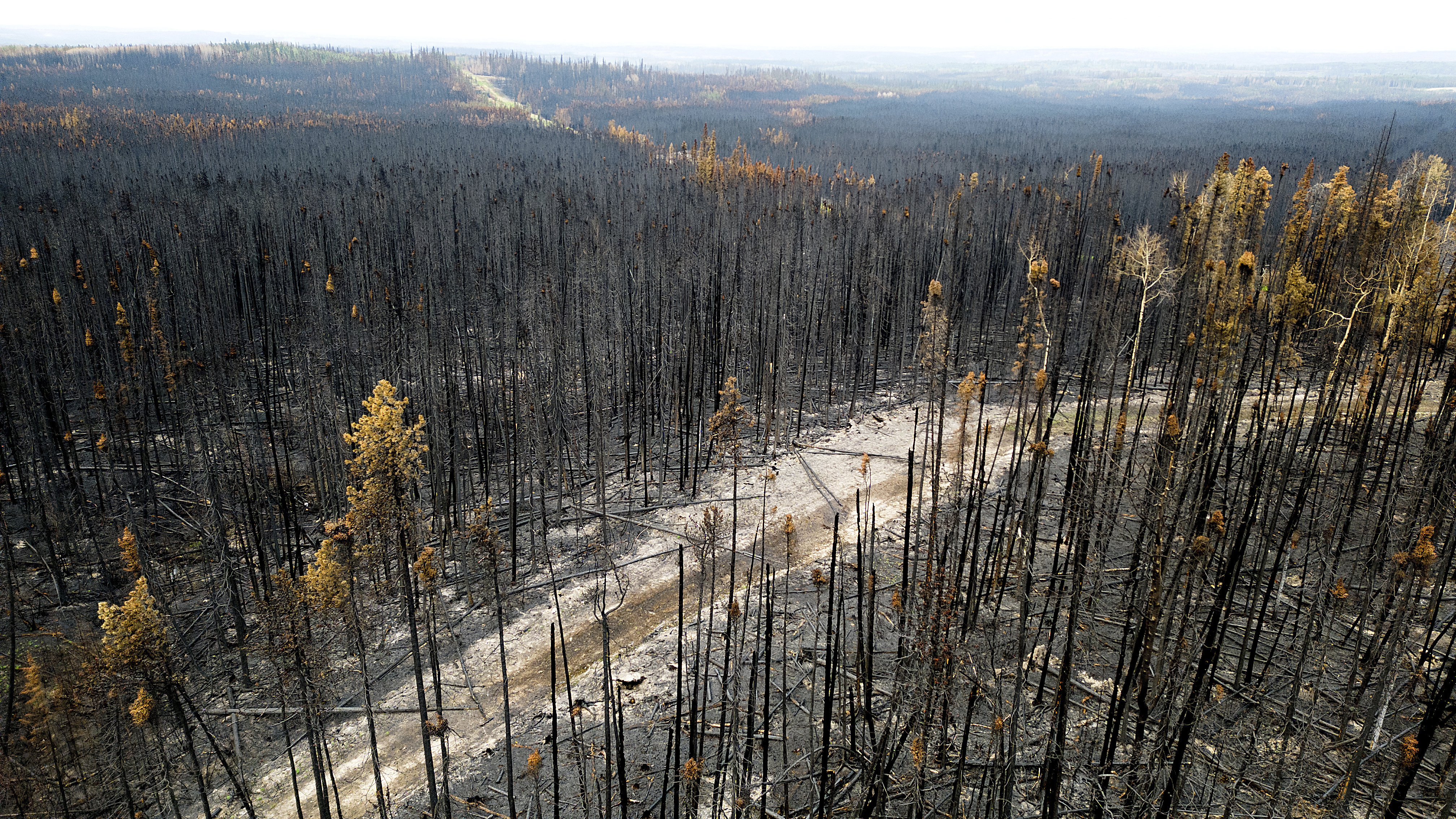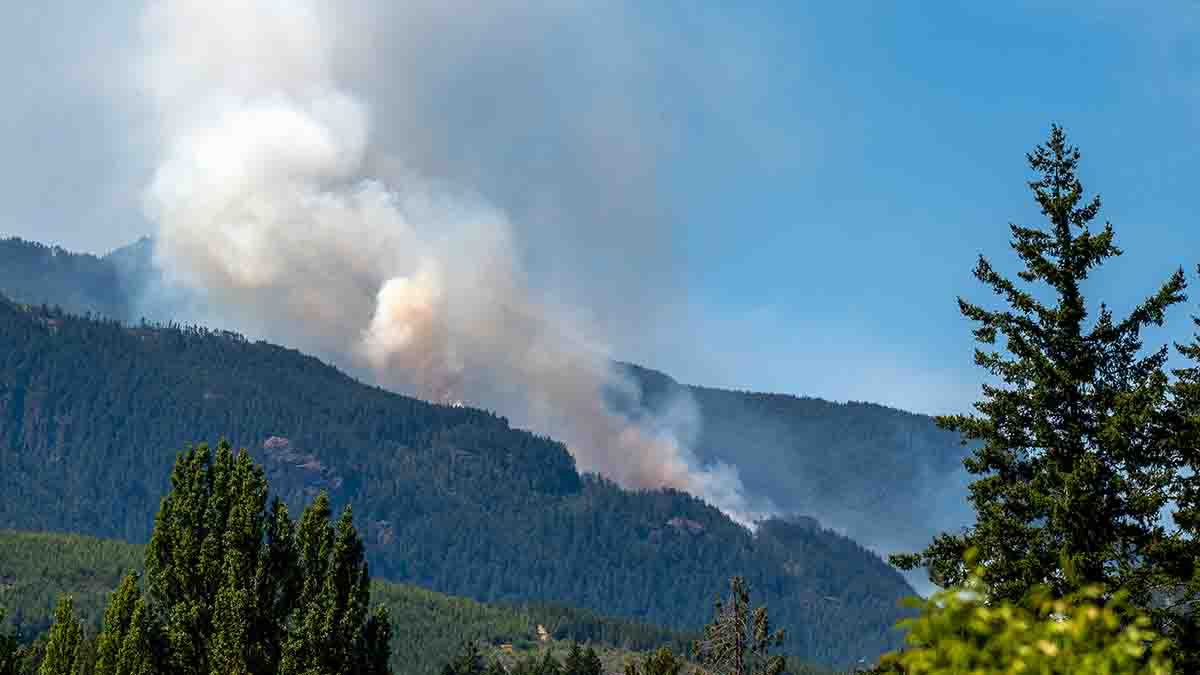South Floridians who woke up Tuesday wondering why the skies were so hazy can blame wildfires in our neighbor to the north.
The reduced air qulity in South Florida is being attributed to Canadian wildfire smoke that has made its way far south through the atmosphere, according to the National Weather Service in Miami.
Watch NBC6 free wherever you are
>Satellite imagery showed the hazy conditions moving across much of the southeastern U.S.
Get local news you need to know to start your day with NBC 6's News Headlines newsletter.
>The smoke originated form the large wildfires burning in eastern Canada in the region called Hudson Bay. The smoke is being transported by a large area of High pressure situated over the Mid-Atlantic.
The clockwise winds have helped push the smoke south, blanketing skies up and down the Sunshine State. Visibility Tuesday morning was patchy at best, however places across northern and central Florida woke up to thicker haze.
Air Quality alerts have been posted for Broward and Miami-Dade counties until 8 a.m. Wednesday, as well as in northern areas in Florida.
Broward's air quality on Tuesday was rated "unhealthy," meaning sensitive groups could feel health effects immediately, according to U.S. government online platform AirNow, an air quality data site used by the Environmental Protection Agency and more.
Miami's air quality was rated as "moderate."
Hazy skies will stick around at least through Wednesday in South Florida.
Wildfires have been raging in Canada throughout the summer in what's being called the worst wildfire season on record.
The wildfires have blanketed parts of the U.S. in smoke, leading to asthma complications and respiratory illnesses.
CANADIAN WILDFIRES
Health officials recommend people take the following precautions to protect themselves against poor air quality:
- Limit outdoor activity as much as possible, especially people with heart or breathing problems, older adults, and children.
- Keep windows closed and minimize use of window air conditioning to avoid introducing poor air quality indoors.
- Wear a high-quality KN95 mask if you need to go outdoors.
- With the air quality being so dismal, who is most at risk healthwise when it comes to wildfire smoke?
According to the Center for Disease Control and Prevention, wildfire smoke is a mix of gases and fine particles from burning trees and plants, buildings, and other material.
The health effects of wildfire smoke are far and wide, according to the Environmental Protection Agency. They can range from eye and respiratory irritation to more serious conditions, including reduced lung function. Exposure can also exacerbate asthma, Chronic Obstructive Pulmonary Disease, and heart failure, prompting premature death, according to both the EPA and CDC.
The CDC notes that breathing in smoke can impact people right away and can cause:
- Coughing
- Trouble breathing
- Wheezing
- Asthma attacks
- Stinging eyes
- Scratchy throat
- Runny nose
- Irritated sinuses
- Headaches
- Tiredness
- Chest pain
- Fast heartbeat
Children, pregnant women, and the elderly are most vulnerable to smoke exposure. Responders are also most at risk, according to the CDC.



